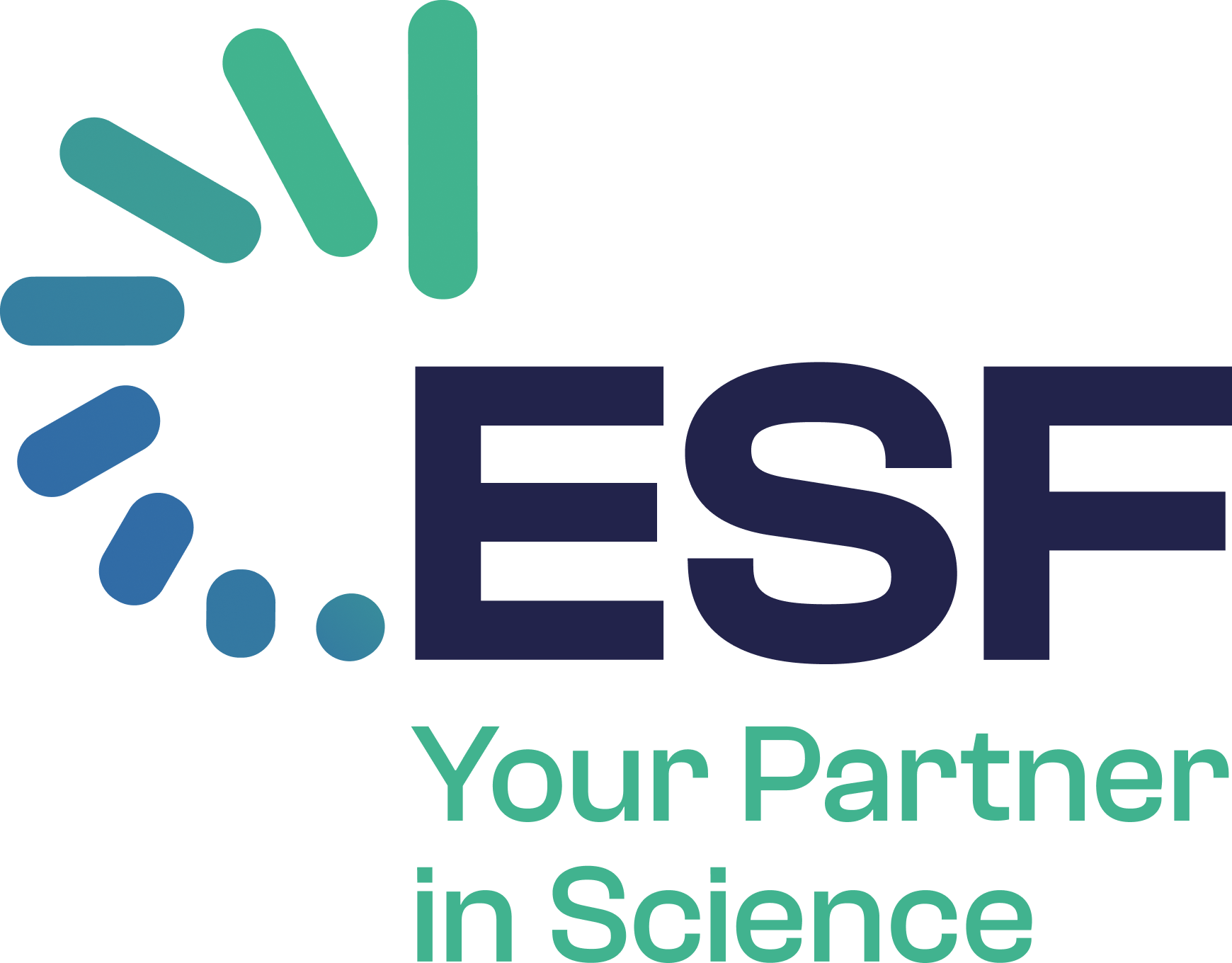OTTER

OTTER project has received funding from the European Union’s H2020 Research and Innovation programme under Grant Agreement No 101006482
Project Summary
OTTER aims to strengthen educational outside-the-classroom (EOC) networks within Europe, connecting experts from four different regions (Finland, Hungary, Ireland and Spain). The strengthening of these networks will be used to carry out a programme of EOC pilot schemes and analysis of the effect they have on the performance of participating students, including their levels of sophisticated consumption and scientific citizenship, to increase understanding of the effects of education outside the classroom on EU citizens.
The pilot schemes will share a common theme revolving around issues of plastic waste and recycling in order to build upon recent momentum in tackling related global educational, social, and environmental issues and due to the close relationship between reducing plastic waste and the need for more sophisticated consumers. The following analysis will then seek to highlight any complementary approaches in students’ performance across different geographical locations and gender differences of students who participated in the pilot schemes and those who were taught through formal educational methods.
The project will further aim to identify methods for measuring and accrediting the recognition of knowledge and skills developed via education outside the classroom and will seek to enrich the inventory of tools available for future methods of accreditation beyond the end of the project.
Project consortium
OTTER is a collaborative project built by 7 partners from 7 European Member States:
- Geonardo Environmental Technologies Ltd – Hungary (Coordinator)
- European Science Foundation – France
- Rijksuniversiteit Groningen – Netherlands
- University of Limerick – Ireland
- Bridge Budapest Association – Hungary
- Learning Scoop-oppimisen osuuskunta – Finland
- The Big Van Theory - Spain
Role of ESF
ESF is involved in the tasks covering assessments, development and guidelines for the assessment of EOC practices in Europe. Through these tasks, will contribute at building capacities and developing innovative ways of connecting science education to society in Europe and beyond. ESF will also lead tasks consisting in joint dissemination actions and scientific outreach, as well as the programme exploitation plan.
Timeline & Funding
This is a 2,5-year project, starting on 1 September 2021. The total funding received by the EC is 1.6M€
Project Website

This project has received funding from the European Union's Horizon 2020 research and innovation programme under grant agreement No 101006482
